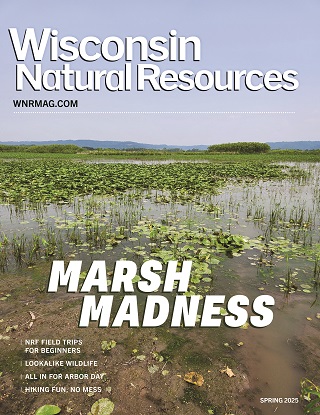Contact: DNR Office of Communications
DNRPress@wisconsin.gov
State Wetland Regulations Remain Intact After SCOTUS Sackett Decision
MADISON, Wis. – The Wisconsin Department of Natural Resources (DNR) today affirms that the recent decision by the Supreme Court of the United States (SCOTUS) in Sackett vs United States Environmental Protection Agency (EPA) does not alter Wisconsin’s wetland regulations under state law.
Since 1978, the DNR has recognized the need to preserve, protect, restore and manage the state's wetland communities because of the critical recreational, water quality, flood protection and habitat functions they provide to the public. Wisconsin was one of the first states to adopt Water Quality Standards for Wetlands in 1991 and was the first state to pass comprehensive regulations for isolated, non-federal wetlands in 2001 under 2001 Wisconsin Act 6. In a bipartisan effort, the Wisconsin governor and legislators recognized the critical functions wetlands play when they unanimously established state regulations for wetlands not covered by the federal Clean Water Act.
Under current state wetland regulations, projects that propose to impact wetlands must either request a state exemption or apply for permit authorization to complete their project. State permitting standards require projects to avoid and minimize wetland impacts to the greatest extent practicable and, in many instances, to mitigate for their wetland impacts.
“While the Sackett decision will likely remove federal jurisdiction and oversight from a large amount of Wisconsin's wetlands, the DNR will continue to implement the State’s uniform wetland regulatory program for projects that propose to impact wetlands in order to preserve and protect these critically important resources,” said Tom Nedland, DNR Waterway and Wetland Policy Section Manager.

